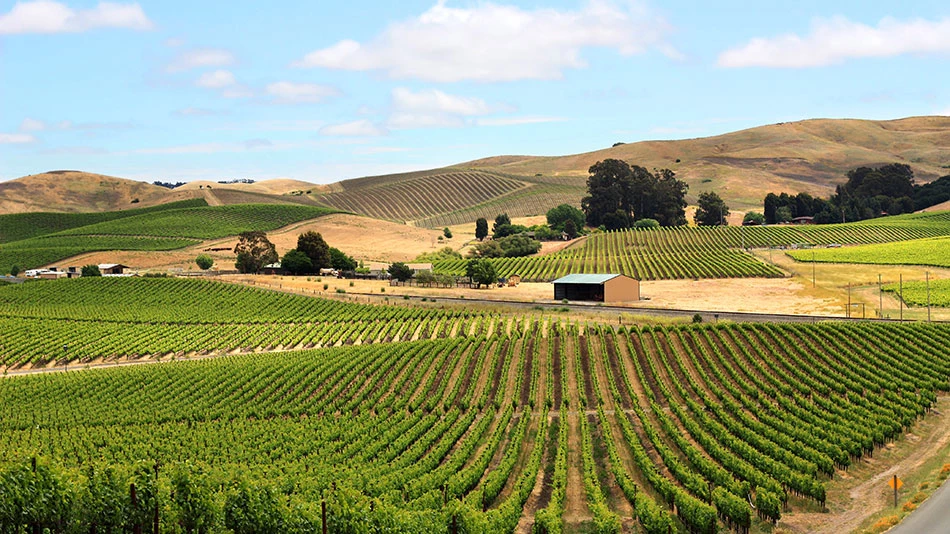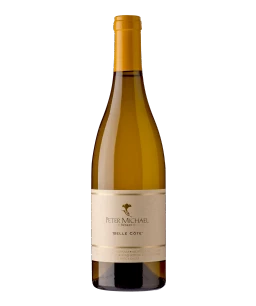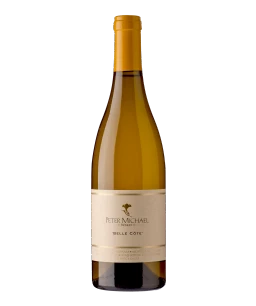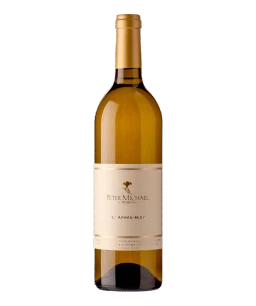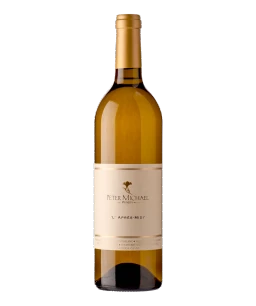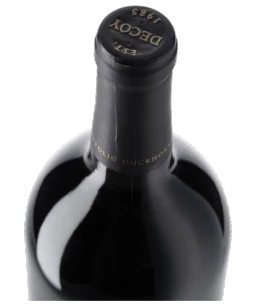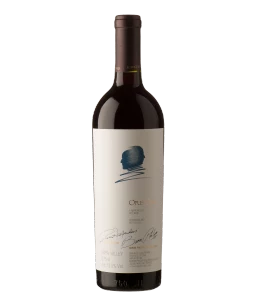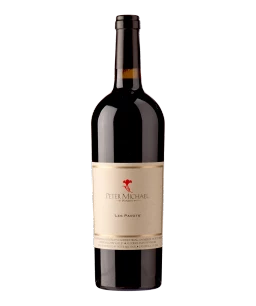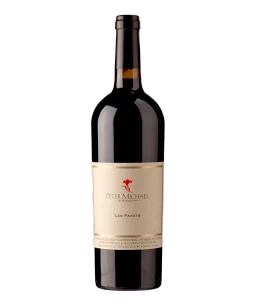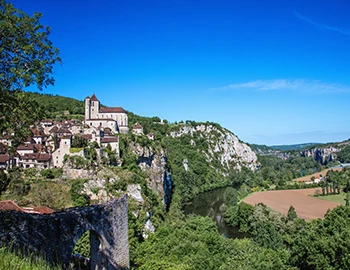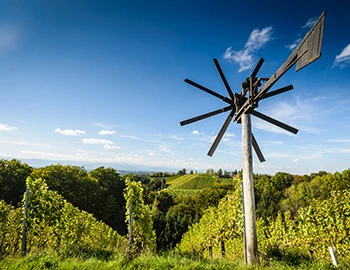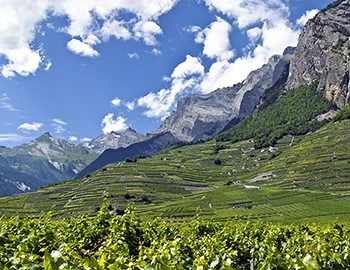California
California: Lots of fruit and ripe tannins
Around 90 percent of the wine produced in the USA comes from California. The Napa Valley, situated roughly 100 kilometers north of San Francisco, is the most prominent wine region in the western hemisphere. California vintners first caused an international sensation with Chardonnay and Cabernet Sauvignon. Today, however, superior wines are also produced from Pinot Noir, Syrah and other varieties. California’s wine country shows more variety today than ever before.
White wines from California
Red wines from California
The first vintners in California were Franciscan clergymen. They built missionary stations on “El Camino Real” – their route along the coast to the north – and from 1770 also set up vineyards to produce sacramental wine. The Hungarian-born wine pioneer Agoston Haraszthy had a decisive influence. He allowed the most diverse grape varieties to be brought to California. One of these was Zinfandel, which today is considered a particular specialty. Prohibition and the Great Depression brought a halt to the wine boom, and for a while after the Second World War vintners in California turned out mainly cheap, mass-prouced wines.
Legendary reference sample
Robert Mondavi, who began to produce premium wines in 1966 according to French example, is viewed as the pioneer of today’s quality winegrowing. The Californian vintner achieved legendary success at the co-called “Judgment of Paris”, a blind test at which renowned French judges rated the Californian Chardonnays and Cabernets higher than their own top crus from Burgundy and Bordeaux. Since then, California has been considered a source of premium wines.
Cool Pacific
California’s viticultural areas line the coast like a jeweled necklace, where they are generally protected from the cold influence of the Pacific by coastal mountains. Wherever river valleys running east-west break through this range of hills and bring cool Pacific air to the cultivation zones, a cool climate prevails, allowing crisp sparkling wines, fresh Chardonnays and elegant Pinots to ripen. Conversely, concentrated wines mature in the warm areas that are well-protected from the influence of the Pacific. Above all, Cabernet Sauvignon, often complemented by other Bordeaux varieties, yields outstanding results.
Varying soils
The soil conditions are also complex. Napa Valley alone has more than 150 different soil types. In the hill ranges, volcanic rock often predominates, while mostly alluvial deposits are found in the valley floors, but gravel and red clay also appear frequently. Over the past 20 years, vintners have studied this terroir puzzle in ever greater depth, and now ideal verities are cultivated at every site. With an area of 210,000 hectares, California is the fourth-largest wine region in the world.
